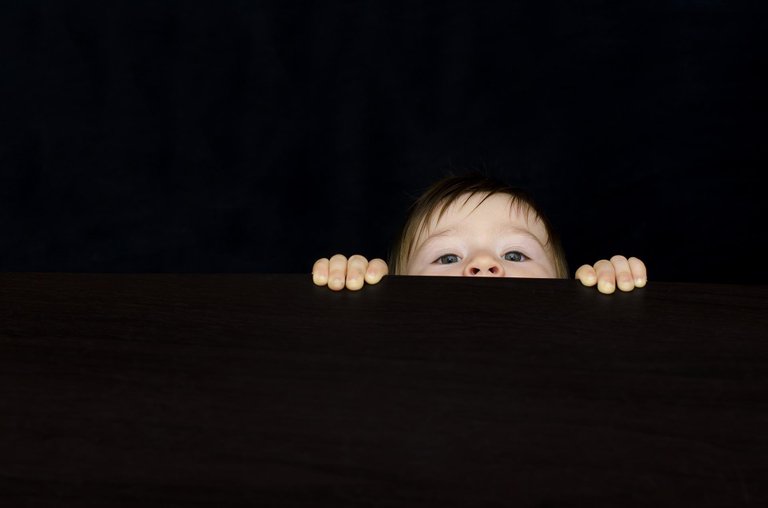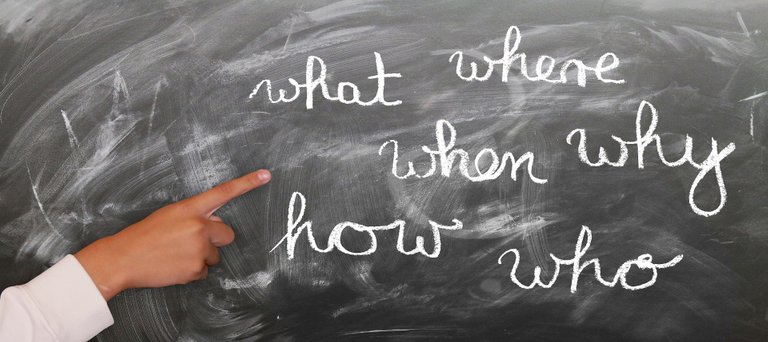 Fuente/Source
Fuente/Source
Cuando algo nos llama la atención y nuestro interés se enfoca en ello, entonces buscamos las vías para aprender o descubrir todo de ese algo. Allí es donde empezamos a experimentar lo que conocemos como curiosidad, que no es más que la intención de descubrir algo que uno no conoce
When something catches our attention and our interest is focused on it, then we look for ways to learn or discover everything about it. That is where we begin to experience what we know as curiosity, which is nothing more than the intention of discovering something that one does not know
En tal sentido, la curiosidad es una capacidad que todos tenemos y que nos lleva a adquirir aprendizaje. Berlyne, conocido como “padre de la curiosidad” concibe la curiosidad como una energía, un estado motivacional persistente que lleva al comportamiento exploratorio , lo cual nos confirma el hecho de que al desarrollarla, nuestro aprendizaje puede ser permanente, aunque muchas veces lo hacemos de manera empírica, termina por generarnos ganancia cognitiva y de conocimiento, incluso, como lo llama Berlyn, placer del conocimiento.
In this sense, curiosity is a capacity that we all have and that leads us to acquire learning. Berlyne, known as the "father of curiosity" conceives curiosity as an energy, a persistent motivational state that leads to exploratory behavior , which confirms the fact that by developing it, our learning can be permanent, although we often do it empirically, it ends up generating cognitive gain and knowledge, even, as Berlyn calls it, pleasure of knowledge.
 Fuente/Source
Fuente/SourceSin embargo, debemos diferenciar cuando la curiosidad nos lleva a obtener beneficios que favorecen nuestro aprendizaje y cuando nos llevan a querer saber cosas o asuntos que no son de nuestra incumbencia, pues debemos optar por la primera opción, que termina siendo la que aprovecharemos para cosntruir nuestro permanente aprendizaje. Pues aprovechar el placer para descubrir y conocer nuevas cosas debe predominar en nuestro día a día.
However, we must differentiate when curiosity leads us to obtain benefits that favor our learning and when it leads us to want to know things or matters that are not our business, because we must opt for the first option, which ends up being the one we will take advantage of to build our permanent learning. For taking advantage of the pleasure to discover and learn new things should prevail in our day to day.

De hecho, el nivel de curiosidad que podamos desarrollar depende del medio en el cual nos desenvolvemos, por ello lo fundamental de poder generar condiciones para que los niños puedan explorar conscientemente, es responsabilidad de nosotros los adultos. Nuestro nivel de madurez y conciencia debe ser para promover espacios y canales particulares para dichas condiciones.
In fact, the level of curiosity that we can develop depends on the environment in which we develop, so it is fundamental to generate conditions for children to explore consciously, it is the responsibility of us adults. Our level of maturity and awareness should be to promote particular spaces and channels for such conditions.

Citando a Louis Pasteur, quien dijo: «Si no conozco una cosa, la investigaré», frase que nos incentiva a buscar respuestas a preguntas que se generan en nuestra cotidianidad, pues contamos con niveles cognitivos que nos llevan a esa búsqueda permanente de investigar y razonar, de manera que podamos desarrollar neustro pensamiento crítico y generar neustras propias opiniones.
Quoting Louis Pasteur, who said: "If I do not know a thing, I will investigate it", a phrase that encourages us to seek answers to questions that arise in our daily lives, because we have cognitive levels that lead us to this permanent search for research and reasoning, so that we can develop our critical thinking and generate our own opinions.

Finalmente, «La curiosidad puede llevar al cerebro a un estado que le permite aprender y retener cualquier tipo de información», comentó Matthias Gruber de la Universidad de California, y ese aprender se sintetiza en el placer que experimentamos cuando la curiosidad se hace presente y podemos caminar sobre el sendero del conocimiento, gracias a factores tanto internos como externos.
Finally, "Curiosity can lead the brain to a state that allows it to learn and retain any type of information," said Matthias Gruber of the University of California, and that learning is synthesized in the pleasure we experience when curiosity is present and we can walk on the path of knowledge, thanks to both internal and external factors.
Créditos:
Imágenes vinculadas con su fuente.
Imagen que contiene Español - English, fue editada en psd por mi.
Separadores extraidos de Freepik
Traducción al inglés, hecha en DeepL
Credits:
Images linked to their source.
Image containing Español - English, was edited in psd by me.
Separators extracted from Freepik
English translation, made at DeepL